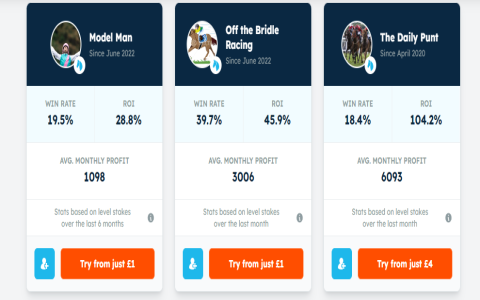Alright, let’s talk about this whole Tien vs Moutet prediction business. I’ve been around the block a few times, seen a few things, and when it comes to figuring out who’s got the edge, it’s rarely as simple as flipping a coin. I actually sat down and really thought about how I approach these things, and it brought back some memories.
My Old Way of Doing Things (and Failing)
You know, years ago, I used to just look at the surface. Who won their last match? Who’s ranked higher? That sort of stuff. I remember this one project, we were trying to predict if a new marketing campaign would work. Big mistake. We looked at some initial survey data, everyone seemed excited, so we pushed forward. It totally bombed. Wasted a ton of resources.

That taught me a lesson. Surface-level stuff can be misleading. It’s like looking at two fighters and just picking the bigger one. Doesn’t always work out, does it?
Digging into Tien vs Moutet – The Process
So, when this Tien vs Moutet thing came up, I decided I wasn’t going to make those old mistakes. I actually started by clearing my desk, grabbing a fresh notepad – old school, I know – and just writing their names at the top of two columns.
First, I tried to find as much raw data as I could. Not just recent scores, but I looked for things like:
- How do they play on different surfaces? (if applicable, you know, thinking metaphorically for other types of predictions too)
- What’s their history against similar opponent styles?
- Are there any whispers about injuries, or maybe some off-court drama? You’d be surprised what little things can affect performance.
I spent a good couple of hours just watching old footage, if I can find it. For players, you look at their body language, their typical shot selection under pressure. For other kinds of “predictions,” it’s like reading between the lines in reports, or noticing what people aren’t saying in meetings.
Then, I started to think about Moutet specifically. Sometimes you get these wildcards, guys who are unpredictable. That’s the tough part. You can have all your data lined up, and then one guy just decides to play out of his mind, or completely differently than usual. It throws everything off.
I made a list of strengths and weaknesses for both. Tried to be really honest. It’s easy to let your own biases creep in. I’ve got my favorites, everyone does, but you gotta try and put that aside.

Learning from Past Flops
I remember this one time, I was so sure about a stock pick. All the “experts” were saying it was a guaranteed winner. I dived in. And it tanked. Lost a bit of cash, but more than that, my confidence took a hit. That’s when I really realized I needed my own system, my own way of looking at things, not just following the herd.
So, for Tien and Moutet, I pulled all that experience in. I compared it to other situations where I’d seen an “underdog” (if one of them is) pull off an upset, or when a “favorite” crumbled under pressure. It’s all about pattern recognition, but also understanding that patterns can be broken.
My final step was to kind of step back from all the details and just think. Sometimes, after you’ve done all the homework, your gut has a say. It’s not magic, it’s your subconscious processing all that info you fed it.
So, that’s my process. It’s not foolproof. If anyone tells you they have a foolproof prediction method, they’re probably trying to sell you something. But it’s a thorough way of doing it, and it’s how I try to approach any situation where I need to figure out what’s likely to happen. It’s about the work you put in before you even whisper a name.



